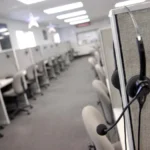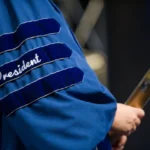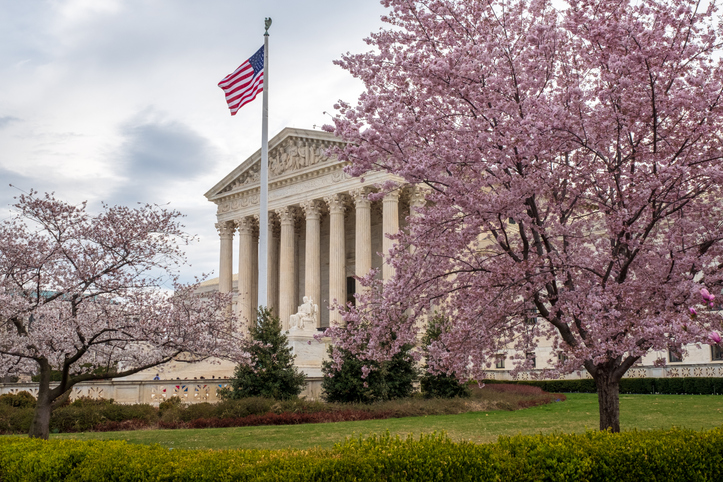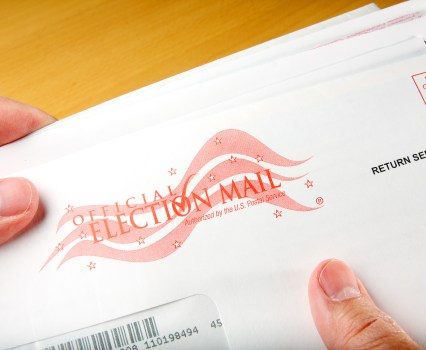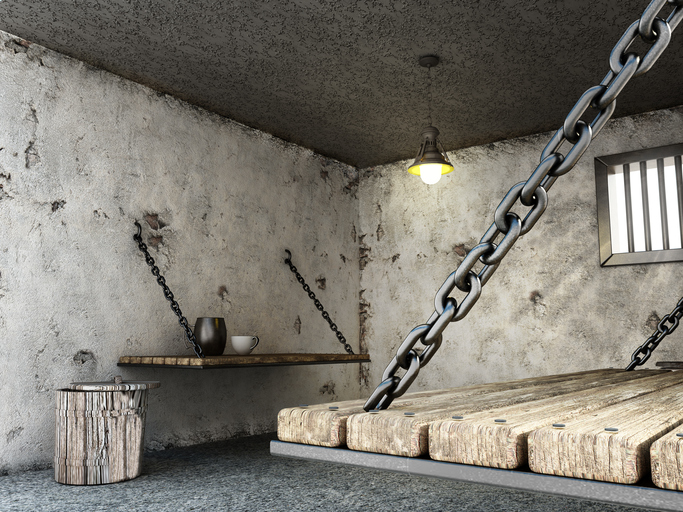To print this article, all you need is to be registered or login on Mondaq.com.
In order to adapt to the changing demands of the new market
development, further improve China’s patent protection system,
and align China’s patent protection with international
standards, the State Council issued the “Decision on Amending
the Implementing Regulations of the Patent Law of the People’s
Republic of China” on December 11, 2023.
The “Implementing Regulations of the Patent Law of the
People’s Republic of China” was promulgated by Decree No.
306 of the State Council of the People’s Republic of China on
June 15, 2001. It underwent its first revision based on the
Decision of the State Council on Amending the Implementing
Regulations of the Patent Law of the People’s Republic of China
issued on December 28, 2002, and its second revision based on the
Decision of the State Council on Amending the Implementing
Regulations of the Patent Law of the People’s Republic of China
issued on January 9, 2010. The current third revision is in
accordance with the Decision of the State Council on Amending the
Implementing Regulations of the Patent Law of the People’s
Republic of China issued on December 11, 2023.
The revised “Implementing Regulations” has come into
effect since January 20, 2024. This revision involves significant
changes and adjustments to the system, overall representing an
important response to the needs of innovation entities and an
optimization of the patent legal system.
To assist you in better understanding the significant changes in
the revised “Implementing Regulations of the Patent Law”
and to better serve your needs regarding patent prosecution and
protection, we have summarized and explained the relevant revisions
concerning deferred examination of patent
applications.
- Filing Entity:The
applicant may request deferred examination of a patent
application. - Deferred Examination of Invention Patent
Applications:
① Timing of Filing a Request: At the same time as the date
of the request for substantive examination (which is the date on
which the applicant submits the request for substantive examination
in accordance with Article 35(1) of the Patent Law and pays the
full amount of the examination fee for the invention patent
application in accordance with Rule 113 of the Implementing
Regulations of the Patent Law);
②Effective Date of the Request: The request for deferred
examination becomes effective from the date of the request for
substantive examination;
③ Duration of Deferral: 1 year, 2 years, or 3 years from
the effective date of the request for deferred examination.
- Deferred Examination of Utility Model Patent
Applications:
① Timing of Filing a Request: At the same time as filing
the application;
② Duration of Deferral: 1 year from the effective date of
the request for deferred examination.
- Deferred Examination of Designs Patent
Applications:
① Timing of Filing a Request: At the same time as filing
the application;
② Duration of Deferral: The maximum duration of deferral
is 36 months (deferred on a monthly basis) starting from the
effective date of the request for deferred examination.
- Withdrawal of the Request for Deferred
Examination:
Prior to the expiration date of the deferral period, the
applicant may request withdrawal of the request for deferred
examination. Where the requirements are met, the deferral period
will terminate, and the patent application will be examined in its
regular order.
- The Patent Office’s Commencement of the Examination
on Its Own Initiative:
After the expiration of the deferral period, the patent
application will be examined in its regular order. If the applicant
requests deferred examination but the Patent Office deems it
necessary to immediately start the examination, the patent office
has the right to start the examination process on its own
initiative and notify the applicant, without waiting for the
expiration of the requested deferral period.
- Deferred Examination and Patent Term
Compensation:
According to Rule 78 of the Implementing Regulations, the Patent
Law allows for patent term compensation for invention patents, with
the actual number of days of unreasonable delay as the basis for
calculating the compensation period. As stated in Rule 79, one of
the causes for an unreasonable delays caused by the applicant is
requesting deferred examination. Therefore, the delay caused by the
applicant’s request for deferred examination may result in
unreasonable delays in the patent granting process, and patent term
compensation is not applicable to such delays caused by the
applicant.
The content of this article is intended to provide a general
guide to the subject matter. Specialist advice should be sought
about your specific circumstances.
POPULAR ARTICLES ON: Intellectual Property from China
#Revision #Implementing #Regulations #Patent #Law #Peoples #Republic #China #Deferred #Examination #Patent


